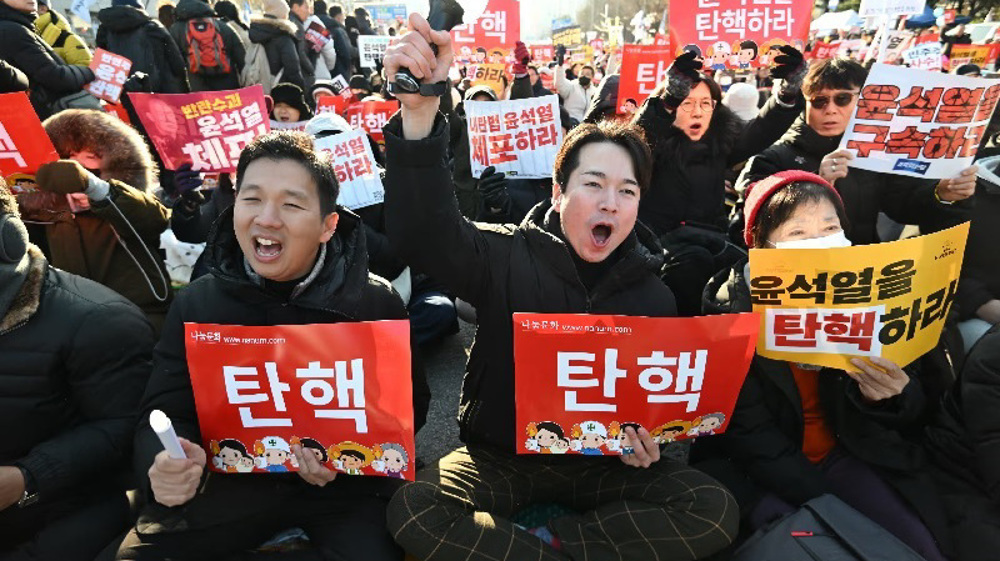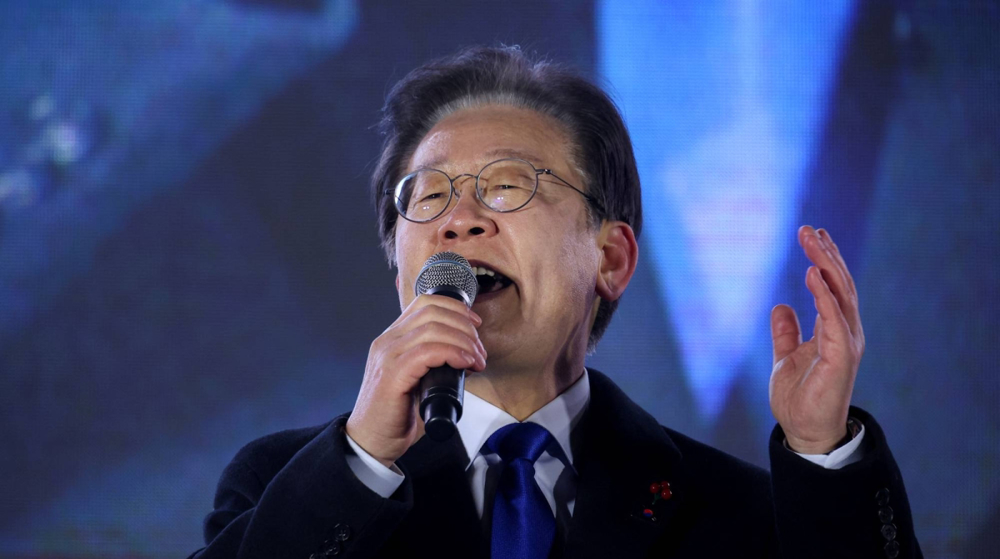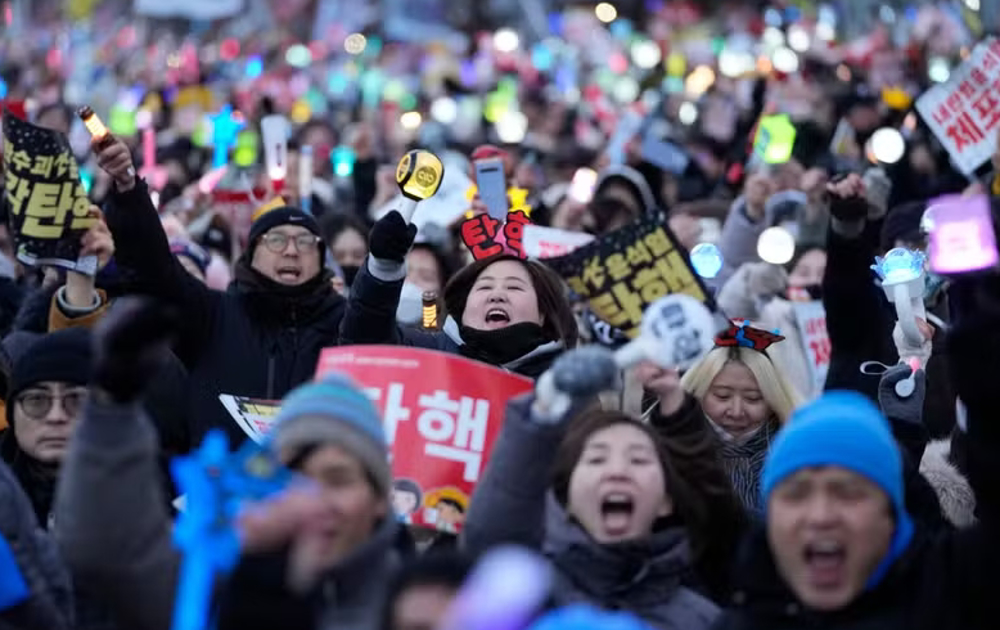Consequences of military action against North Korea may be horrific: UN
The UN chief has called on members of the Security Council to agree on a unified strategy to deal with North Korea and to avoid using a "confrontational rhetoric."
"The unity of the Security Council is absolutely crucial," said UN Secretary General Antonio Guterres on Tuesday, while urging countries "to come together with a single strategy to deal with the government of the DPRK."
The remarks were made one day after the US traded barbs with Russia and China over a suitable response to Pyongyang’s sixth and most powerful nuclear test so far.
"Confrontational rhetoric may lead to unintended consequences. The solution must be political," Guterres said, adding, "The potential consequences of military action are too horrific."
Earlier in the week, US Secretary of Defense James Mattis threatened North Korea with a “massive military response,” but he stopped short of threatening the country with a nuclear attack.
On Monday, US Ambassador to the United Nations Nikki Haley said that North Korean leader Kim Jong Un is "begging for war" with his "abusive use of missiles." "Enough is enough. War is never something the United States wants. We don't want it now. But our country's patience is not unlimited," Haley said.
“We have kicked the can down the road long enough,” she added. “There is no more road left.”
During a conversation with Japanese Prime Minister Shinzo Abe, US President Donald Trump said he is ready to use its nuclear weapons against North Korea.

Read More:
- US ready to use ‘nuclear capabilities’ against North Korea: White House
- US attack on N Korea has ‘no guarantee of success’: Ex-CIA official
- US, South Korea vow to boost joint military might amid North’s threats
North Korea is under mounting international pressure over its missile and military nuclear programs and has been subjected to an array of sanctions by the United Nations. However, Pyongyang says it needs to continue and develop the programs as a deterrent against hostility by the United States and its regional allies, including South Korea and Japan.
Tensions on the Korean Peninsula have heightened since Washington recently engineered tougher sanctions in the United Nations Security Council over the North’s testing of two intercontinental ballistic missiles (ICBM).
Dec. 22: ‘Axis of Resistance’ operations against Israeli occupation
‘Abhorrent’: Oxfam says only 12 trucks delivered aid in North Gaza since Oct.
VIDEO | Leader receives religious eulogists on Hazrat Fatima birth anniv.
Pope Francis slams Israel’s ‘machine-gunning’ of Gaza children
US hostage-taking of Iranian nationals violation of intl. law: Deputy FM
VIDEO | Carol Singers for Palestine on London’s Parliament Square
Ansarullah says ‘Israeli terrorists’ incapable of confronting Yemen, warns of secret weapons
VIDEO | Yemenis praise the military for its successful operations against Israel














 This makes it easy to access the Press TV website
This makes it easy to access the Press TV website